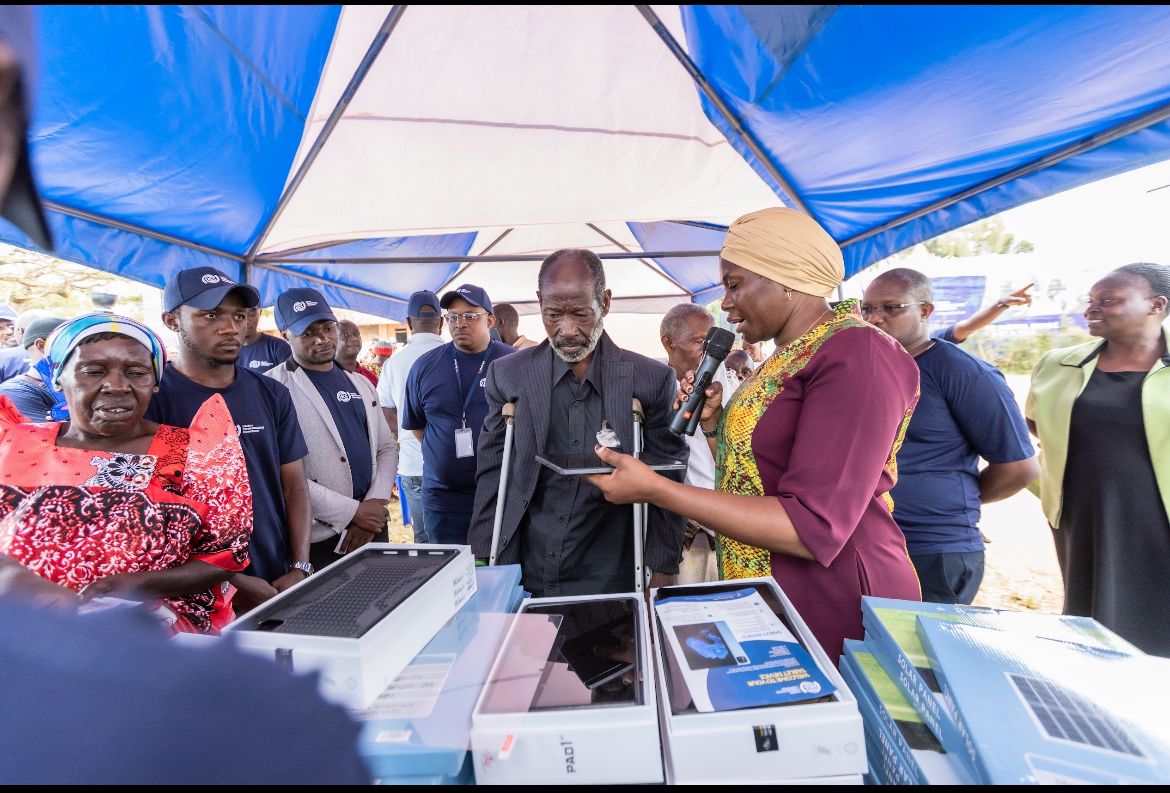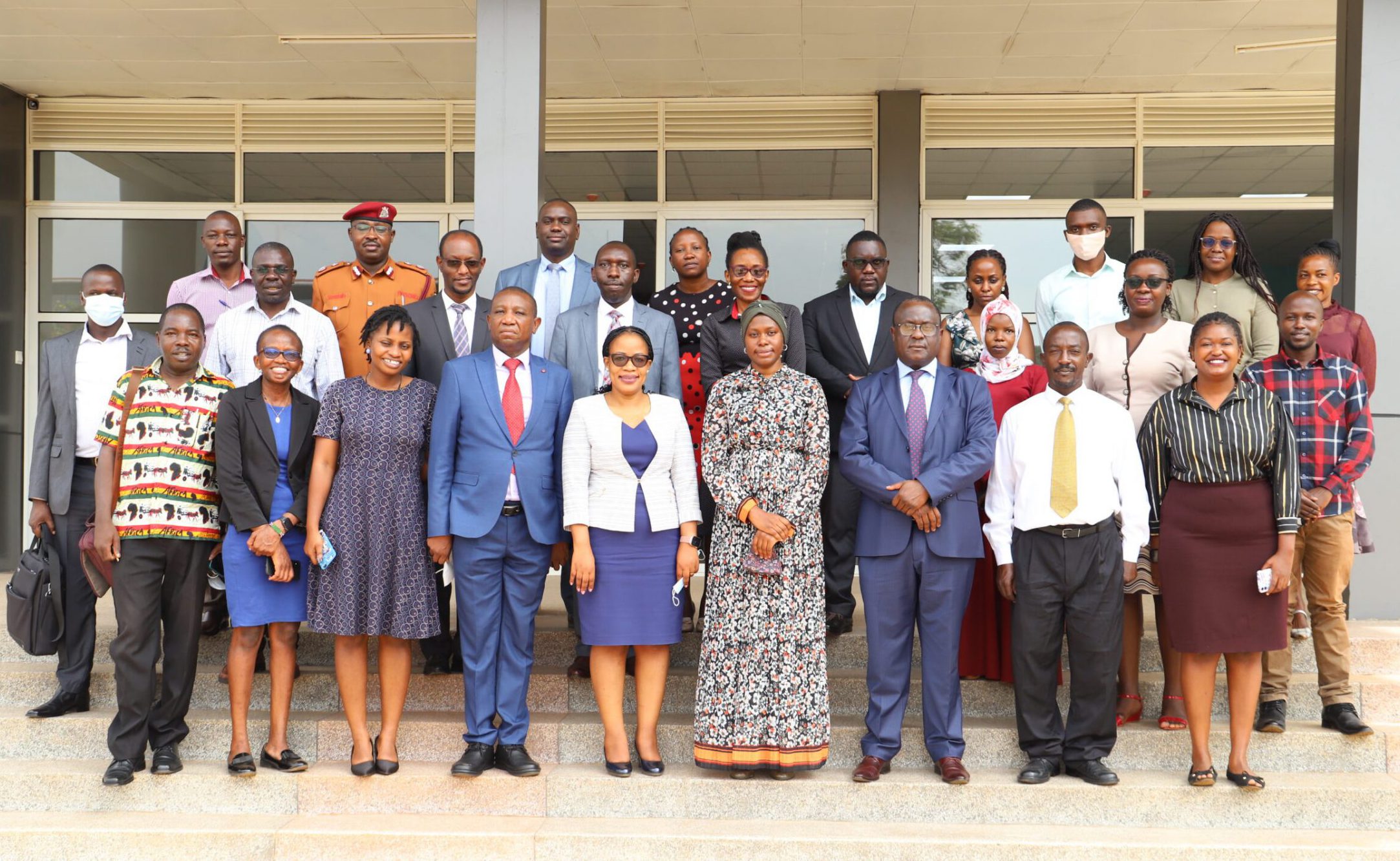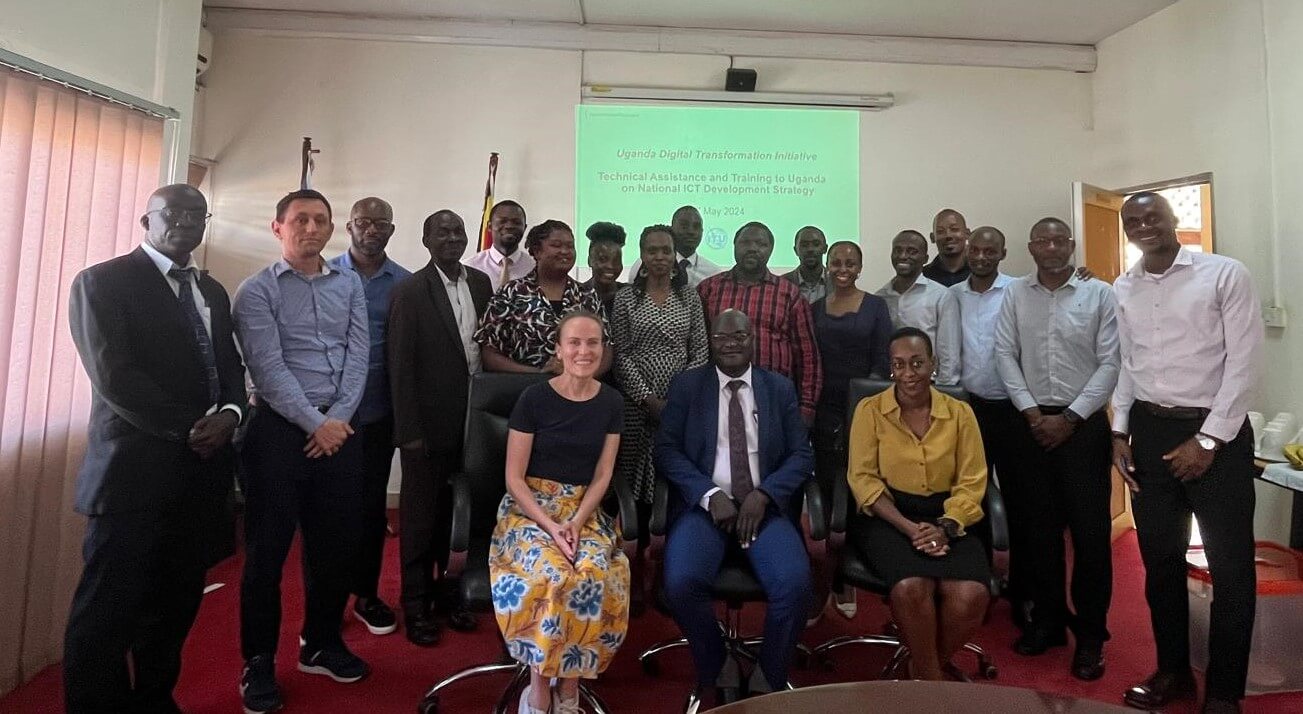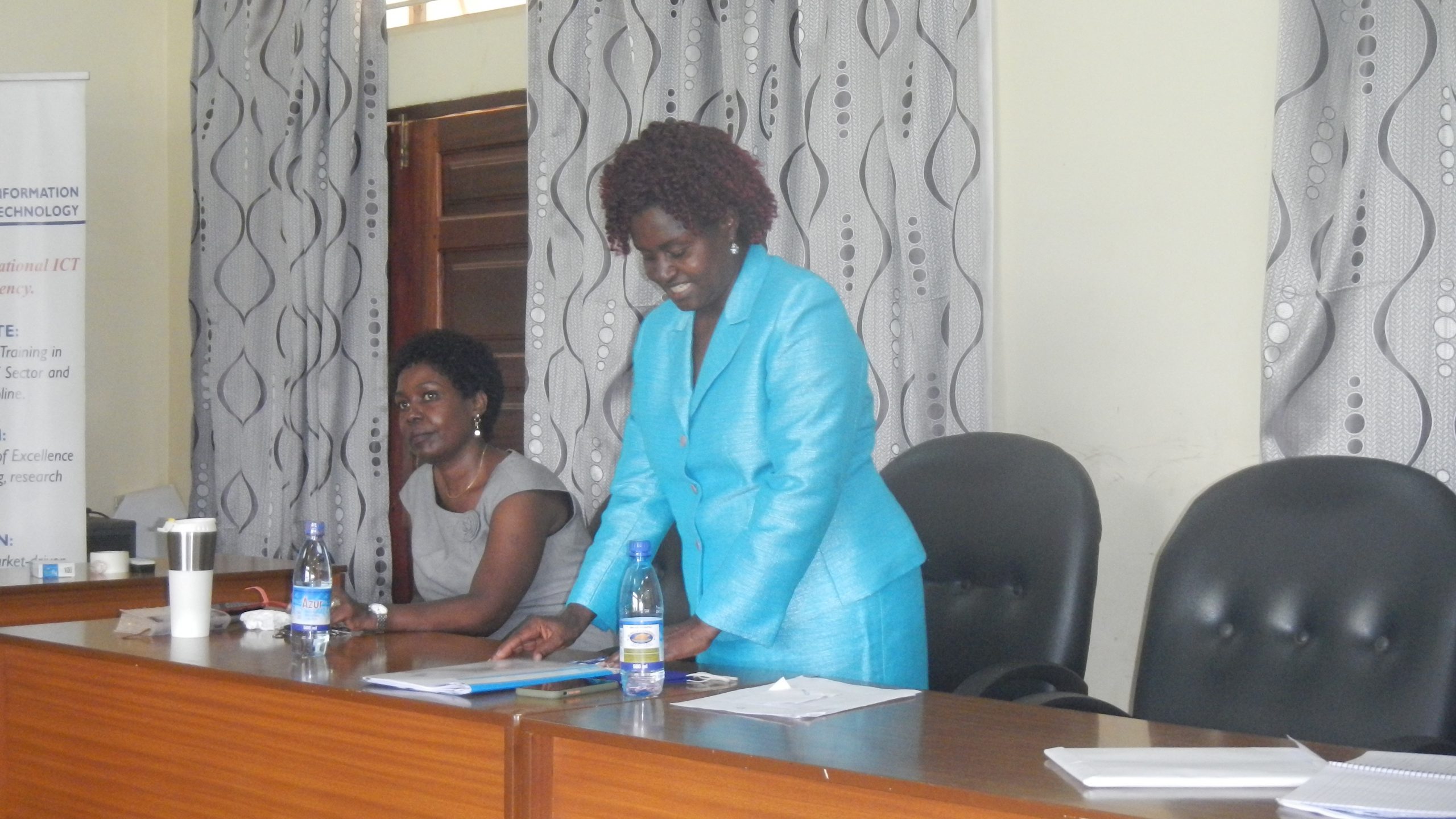Over 19,000 tablets have been distributed to 120 villages across Uganda, with plans for further expansion. This initiative is part of the ongoing efforts by the Uganda Communications Universal Service and Access Fund (UCUSAF), under the Uganda Communications Commission (UCC), to improve digital literacy and bridge the technology gap in underserved communities. The initiative aligns with the Ministry of ICT and National Guidance’s (MoICT&NG) mandate to drive digital transformation across the country.
UCUSAF's flagship initiative, "Bridging the Digital Divide, One Household at a Time," aims to ensure no community is left behind in the digital age. By providing the tablets, the program empowers people in those communities with tools for learning, communication, and economic development, thereby fostering socio-economic growth. UCUSAF’s initiatives are helping communities access the digital age, providing equal opportunities for all.
Dr. Aminah Zawedde, the Permanent Secretary of the Ministry of ICT & National Guidance, emphasized the importance of the efforts of UCUSAF while officiating at a distribution event in Kalongo Village, Kalungu District, where 181 tablets were handed out. She highlighted how the program focuses on providing tablets to children, with parents acting as custodians. In Uganda, where many children lack access to educational devices, providing tablets to those, especially in underserved communities is crucial. These tablets come pre-loaded with educational applications like Google Scholar, ICT for Farmers, and Tutor View, with content tailored to their local languages. Along with distributing the devices, UCUSAF conducts training sessions to teach beneficiaries how to effectively use the tablets and navigate the pre-installed resources.
James Beronda, the Director of UCUSAF, further elaborated that the program not only provides the devices but also ensures their protection, longevity, and effective usage. To safeguard the tablets, each device is delivered with a hardcover, and parents are encouraged to participate in training sessions and community groups to maximize the benefits of the devices. Additionally, beneficiaries are invited to join a WhatsApp group for support and idea sharing.
To ensure connectivity, each device comes with a pre-installed SIM card registered in the parent's name, offering six months of free data for internet access in areas without Wi-Fi. After six months, parents are encouraged to reload the data to continue using the devices. In regions without electricity, solar panels are provided to ensure the devices can be charged and remain operational.
This all-inclusive approach supports the long-term success of the initiative, enabling digital opportunities and ensuring that communities across Uganda can fully embrace the benefits of the digital era.

The author is a Communications Officer at the Ministry of ICT & National Guidance.


